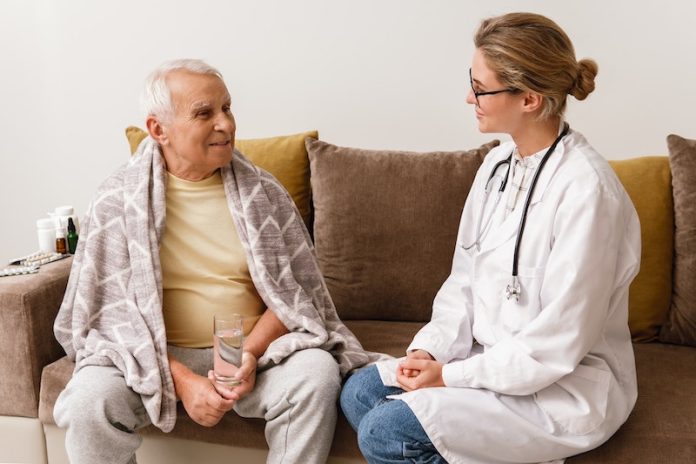
A recent survey from West Health and Gallup has highlighted a significant level of concern and discomfort among Americans regarding the safety and quality of nursing homes, with over 40% viewing these institutions as unsafe.
This article delves into the perceptions and the underlying reasons for such apprehensions among the populace.
Summary of Findings
According to the survey, more than 40% of Americans believe nursing homes are unsafe, and around 70% would feel uncomfortable being admitted to one, even if necessary.
Around 61% express similar anxiety about admitting family members to such facilities.
The participants aged over 35 showed higher concern, with 44% considering nursing homes unsafe compared to 34% among the younger respondents.
Quality (70%), cost (49%), and potential negative impact on mental health (45%) are the prime concerns. However, fear of losing independence (34%), dying in a nursing home (28%), and threats to physical safety (27%) are also notable factors contributing to the uneasiness.
The overall quality of care in nursing homes was graded, on average, a “D+” by the respondents, with only 18% feeling comfortable moving into a nursing home if required.
Staffing Concerns and Proposed Regulations
The Biden Administration has proposed new mandatory minimum staffing levels for nursing homes involved in Medicare or Medicaid, which includes around 15,500 homes caring for over 1.2 million people.
These homes would be required to provide minimum hours of care from a registered nurse and a nurse aid per resident per day and have a registered nurse on site at all times.
This proposal is considered a substantial advancement from most state mandates, addressing widely recognized inadequacies in care related to understaffing.
Public Opinion and Institutional Trust
The widespread negative perceptions signal a lack of trust in these institutions.
The overwhelming majority of Americans gave nursing homes a poor grade, with only 1% awarding an “A” and 8% a “B”, emphasizing a prevailing sentiment of dissatisfaction and mistrust.
This collective apprehension stresses the need for nursing homes to enhance their services and better demonstrate their reliability and commitment to high-quality care for older adults.
Concluding Remarks:
The survey findings emphasize a profound need for improvements in nursing homes across the United States. As these facilities play a crucial role in society, enhancing quality and restoring public confidence is imperative.
Policymakers are urged to support programs offering home- and community-based services, which are often preferred and struggle to meet demand due to various challenges.
In conclusion, the widespread concerns about the safety and quality of nursing homes underline the urgency for substantial improvements and reforms in these facilities to restore public trust and ensure the well-being of the residents.
If you care about dementia, please read studies about 7 healthy habits can fight off dementia, even if it’s in your genes and Scientists find causes of Parkinson’s and Lewy body dementia.
For more information about nutrition, please see recent studies about diet to fight diabetic eye damage, and results showing these antioxidants could help reduce dementia risk.
Follow us on Twitter for more articles about this topic.
Copyright © 2023 Knowridge Science Report. All rights reserved.



